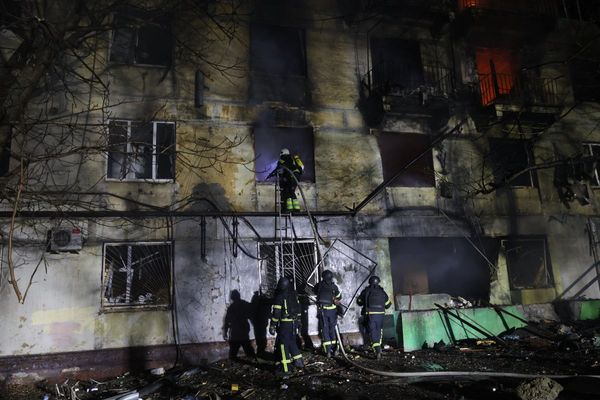
Singapore has surpassed Switzerland to secure the top spot for the first time in the latest Global Talent Competitiveness Index (GTCI), while the U.S. slipped several positions.
US Slips From 3rd To 9th Place
Singapore’s ascent to the top position in the 2025 GTCI is attributed to its strong education systems, effective governance, and proactive approach to nurturing an adaptable, innovation-ready workforce in the era of artificial intelligence.
The index, produced by business school INSEAD and in partnership with D.C.-based think tank Portulans Institute, measured how countries grow, attract, and retain talent across all income groups. This year’s report, themed “resilience in the age of disruption,” ranked 135 economies globally based on 77 indicators, including soft skills and AI talent concentration across six pillars.
The U.S., meanwhile, fell from third place in 2023 to ninth in the 2025 report, its lowest position since 2013. While the U.S. performed well in areas like talent development and support, small drops in “openness and lifelong learning" caused its ranking to slip to ninth place in 2025, the report said.
Gen Z Shifts As Talent Gaps Deepen
The shift in the GTCI ranking reflects the evolving global talent landscape which is particularly in the U.S. where the traditional entry-level roles are either shrinking or evolving rapidly, leading to a rise in unemployment among college graduates. This has prompted some Gen Z workers to opt for roles directly serving the ultra-rich, instead of pursuing traditional corporate careers. This trend is further exemplified by the recent wave of layoffs in high-skilled jobs due to AI, despite soaring corporate profits.
Notably, President Donald Trump recently weighed in on the lack of talent in the U.S. amid the debate around the H1-B visa. Earlier this month, Trump told Fox News' Laura Ingraham that while he agrees foreign workers can affect U.S. wages, the country still needs to bring in specialized talent because "we don't have certain talents" domestically, and people need to learn. Treasury Secretary Scott Bessent later defended Trump’s statement and said that the H1-B visas are intended to admit skilled foreign specialists for short-term training of U.S. workers, not to supplant them.
READ NEXT:
- Jensen Huang Says ‘Insane’ That Some Nvidia Managers Are Telling Employees To Limit AI Usage: Report
Image via Shutterstock
Disclaimer: This content was partially produced with the help of AI tools and was reviewed and published by Benzinga editors.







